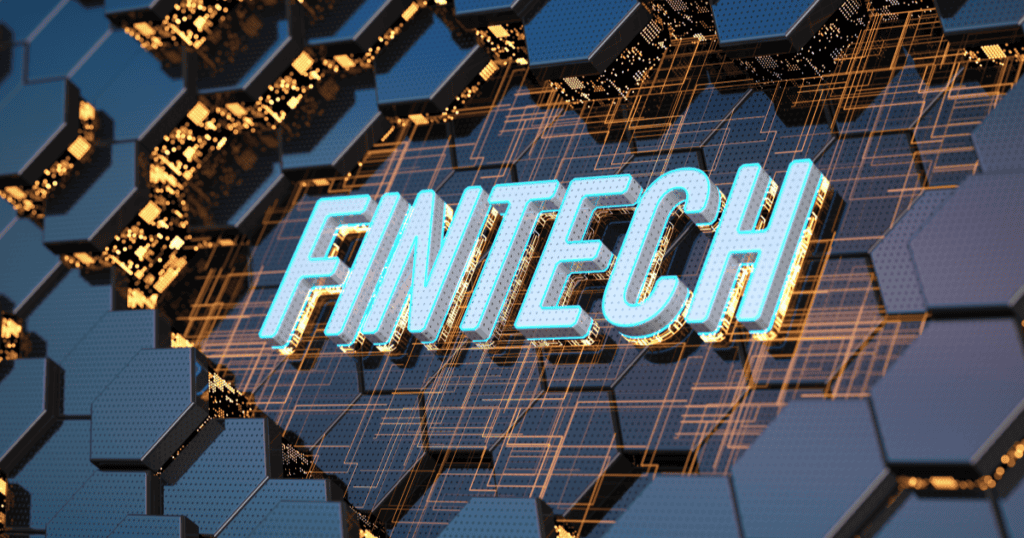
The Small Business Administration (SBA) lending landscape is undergoing a transformative shift, thanks largely to the emergence of financial technology (fintech) companies. These innovators are redefining how small businesses access capital by streamlining the lending process and expanding financial inclusion.
The Rise of Fintech in SBA Lending
Fintech, a blend of ‘financial’ and ‘technology,’ refers to the use of new tech to improve and automate financial services. In the realm of SBA loans, fintech companies began making significant inroads over the last decade, offering solutions that traditional banks often could not.
Impact of Fintech on SBA Lending
Fintech innovations have revolutionized the SBA loan application process:
- Efficiency: Automated processes reduce paperwork and processing times.
- Accessibility: Algorithms assess risk differently than traditional banks, often making loans accessible to a broader range of businesses.
- Innovation Leaders: Companies like Kabbage and Square are examples of fintechs facilitating SBA loans with markedly improved efficiency and user friendliness.
Comparison with Traditional Banking
While traditional banks offer the advantage of personal relationships and in-depth advisory services, they often cannot match the speed and simplicity of fintech solutions. For example, fintech applications might be approved within days, whereas traditional banks might take weeks.
Benefits of Fintech Involvement
- Speed: Many fintech platforms can process and disburse SBA loans more quickly than traditional banks.
- User Experience: Online platforms provide clear, step-by-step guidance through the application process.
- Expansion of Services: Fintechs frequently offer a wider array of related financial services, making them a one-stop-shop for small business financial needs.
Potential Challenges and Concerns
- Regulatory Challenges: Fintechs face a complex web of federal and state regulations that can impede innovation.
- Security Risks: The digital nature of fintech raises concerns over data security and privacy.
- Traditional Banking Relationships: Some businesses prefer the longstanding relationships and personalized service offered by traditional banks.
Future Trends in Fintech and SBA Lending
The future of fintech in SBA lending is poised for further growth with potential developments in blockchain and artificial intelligence. These technologies promise to make the lending process even more transparent and efficient.
Case Studies
Several small businesses have leveraged fintech platforms to secure SBA loans with favorable terms. For instance, a tech startup used an online lender to obtain an SBA loan in half the time it would have taken through a traditional bank.
Final Thoughts
Fintech companies are playing a pivotal role in reshaping SBA lending, offering efficiencies and innovations that challenge traditional banking models. As the financial landscape continues to evolve, small businesses stand to benefit from the competitive pressures fintechs are introducing into the market.